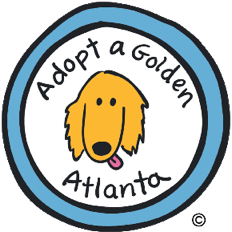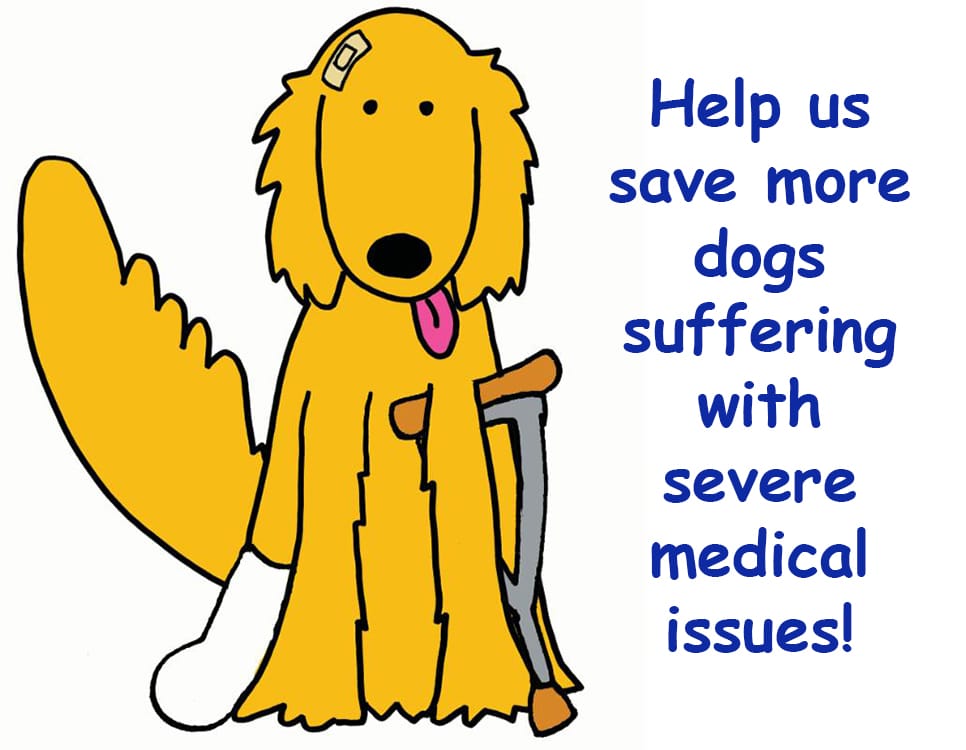Common Foods that are Poisonous to your Dog
If your dog eats any of the foods listed below, contact your vet or ASCPA Animal Poison Control Center Hotline 888-426-4435. A $55 consultation fee may be applied to your credit card.
If your dog has a HomeAgain microchip and is registered with the new and improved HomeAgain which costs $14.99 a year, you may call HomeAgain at 1-888-466-3242 and Animal Poison control will be called and the $55 fee waived.
There he is, man’s best friend, looking at you longingly with those big brown eyes while you enjoy a snack. He follows your hand-to-mouth action with the precision of a cobra ready to pounce. Finally you give him “just a taste.” Or you leave food on the counter, or the pantry door is left open or the garbage can is left unguarded for a few minutes and your dog decides to help himself to a tasty treat. Seems harmless enough, but many foods eaten by humans can cause big trouble and even death for dogs.
If your dog eats any of the foods listed below, contact your vet or ASCPA Animal Poison Control Center Hotline 888-426-4435. A $55 consultation fee may be applied to your credit card.
- Alcoholic beverages
- Apple seeds
- Apricot seeds
- Avocados
- Cherry seeds
- Chocolate
- Coffee including grounds and beans
- Garlic
- Grapes and Raisins (small amounts have caused death in some dogs)
- Hops (used in home beer brewing)
- Macadamia nuts
- Moldy or spoiled food
- Mushroom plants
- Mustard seeds
- Onions or onion powder
- Peach pits
- Potato leaves or stems
- Rhubarb leaves
- Salt
- Sugarless candy and gum containing Xylitol
- Tea
- Tomato leaves and stems
- Walnuts
- Yeast dough
Other items that are Poisonous to your Dog
- Warm Weather Hazards
- Animal toxins – toads, insects, spiders, snakes and scorpions
- Blue-green algae in ponds
- Citronella candles
- Cocoa mulch
- Compost piles fertilizers
- Flea products
- Outdoor plants and plant bulbs
- Swimming-pool treatment supplies
- Fly baits containing methomyl
- Slug and snail baits containing metaldehyde
Medication
Common examples of human medications that can be potentially lethal to pets, even in small doses, include:
- Ibuprofen, aspirin
- Acetaminophen
- Cold medicines
- Anticancer drugs
- Antidepressants
- Vitamins
- Diet pills
Cold Weather Hazards
- Antifreeze
- Liquid potpourri
- Ice-melting products
- Rat and mouse bait
Common Household Hazards
- Fabric softener sheets
- Mothballs
- Post-1982 pennies (due to high concentration of zinc)
- Batteries
- Bread twist ties
- Cotton swabs
Holiday Hazards
- Christmas tree water (may contain fertilizers and bacteria, which, if ingested, can upset the stomach)
- Electrical cords
- Ribbons or tinsel (can become lodged in the intestines and cause intestinal obstruction – most often occurs with kittens!)
- Batteries
- Glass ornaments
Nontoxic Substances for Dogs and Cats
The following substances are considered to be nontoxic, although they may cause mild gastrointestinal upset in some animals:
- Water-based paints
- Toilet bowl water
- Silica gel
- Poinsettia
- Cat litter
- Glue traps
- Glow jewelry
Ten Most Common Poisonous Plants
- Marijuana
- Sago Palm
- Lilies
- Tulip/Narcissus bulbs
- Azalea/Rhododendron
- Oleander
- Castor Bean
- Cyclamen
- Balanchine
- Yew



